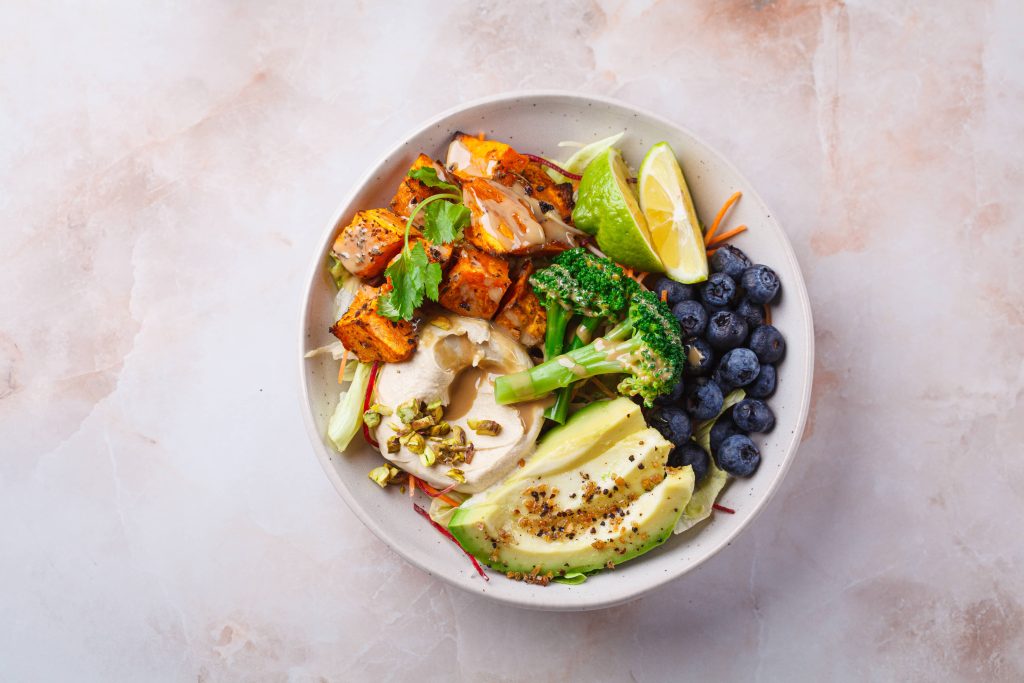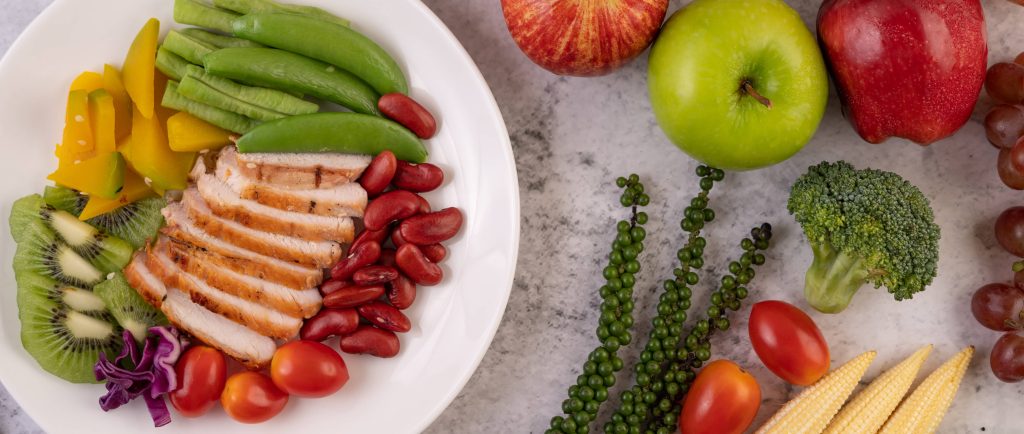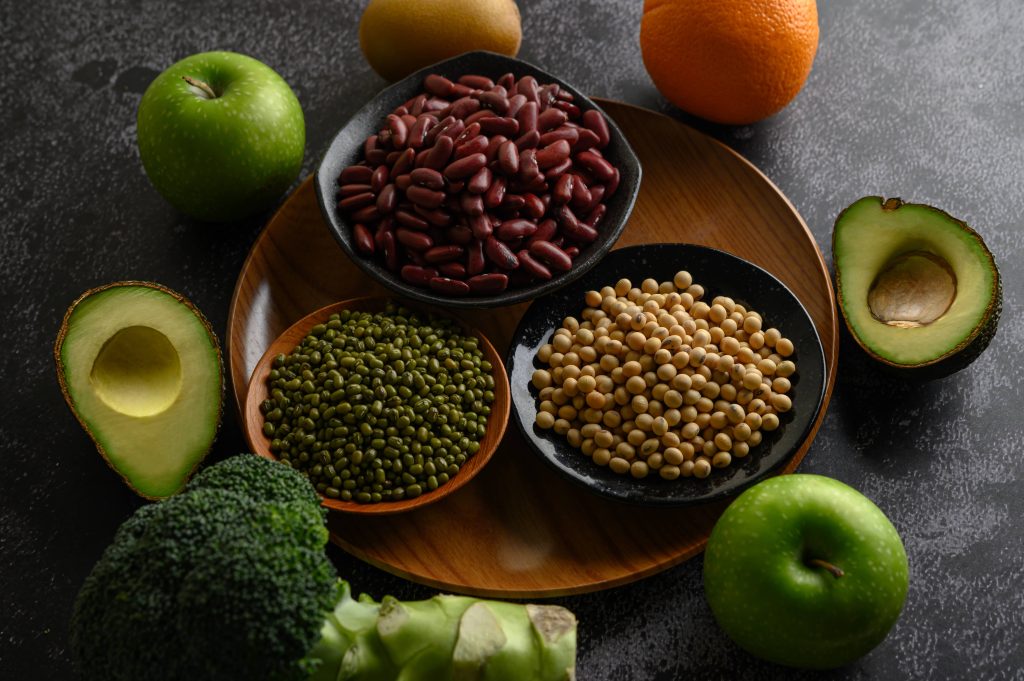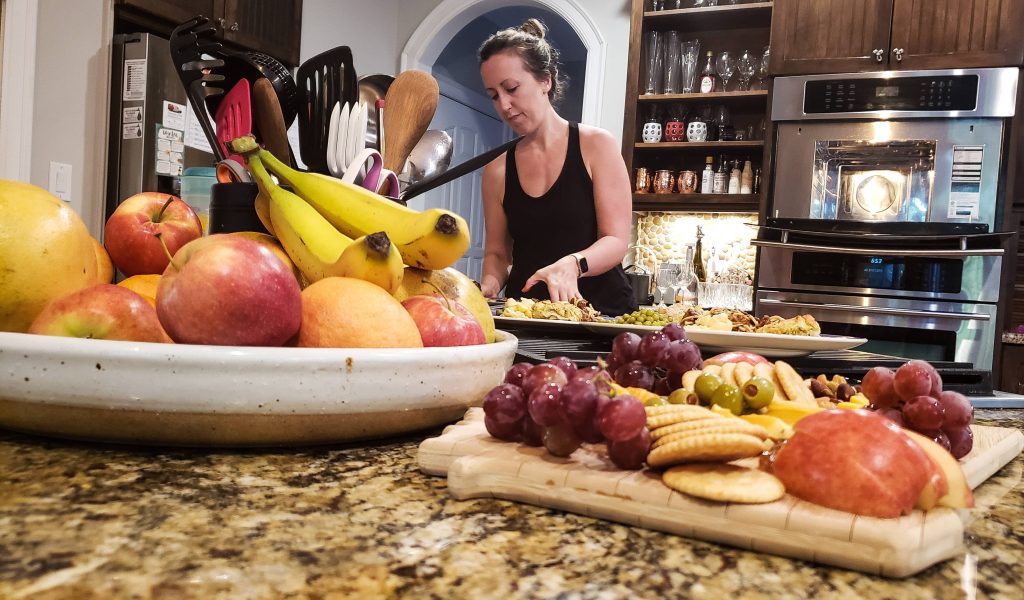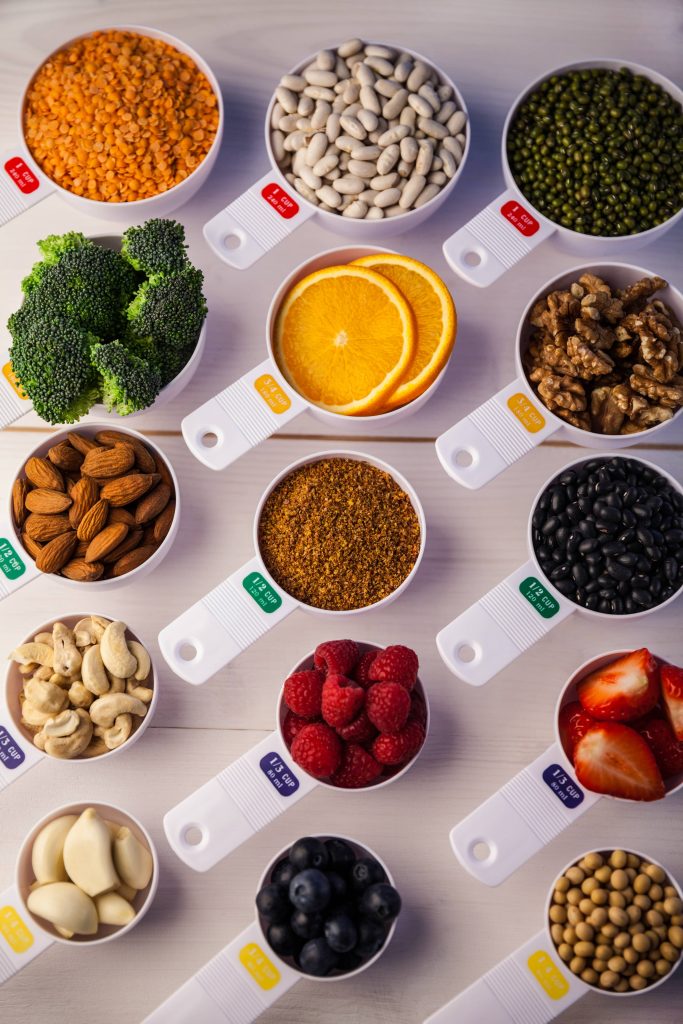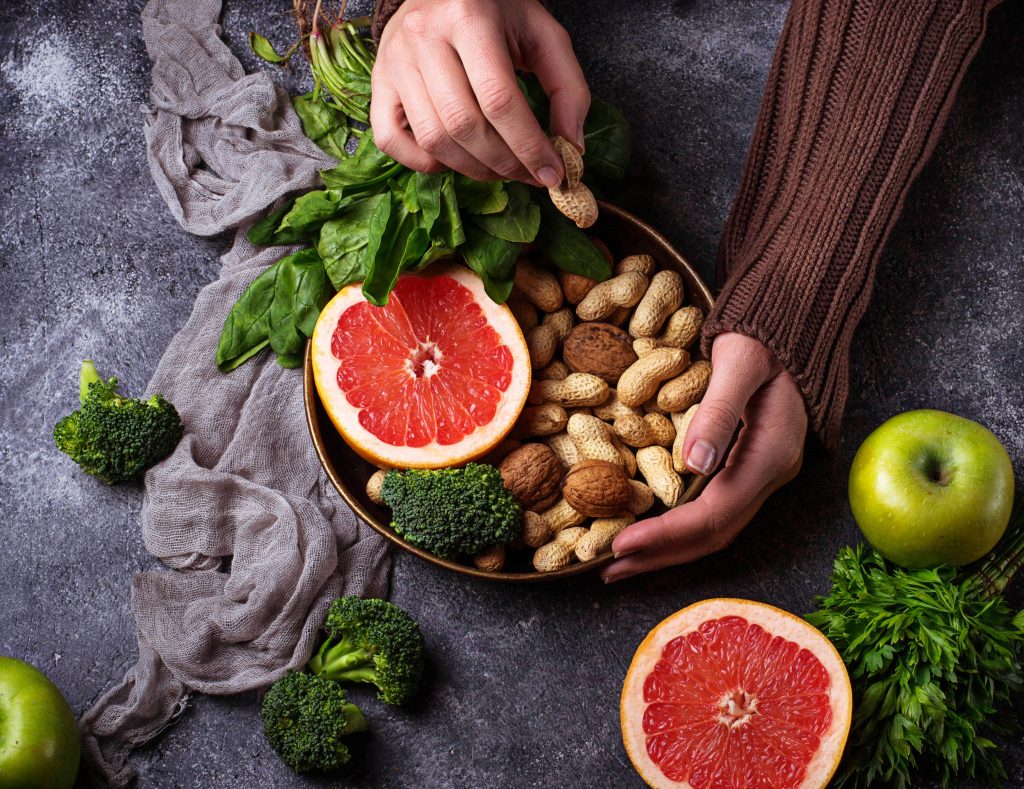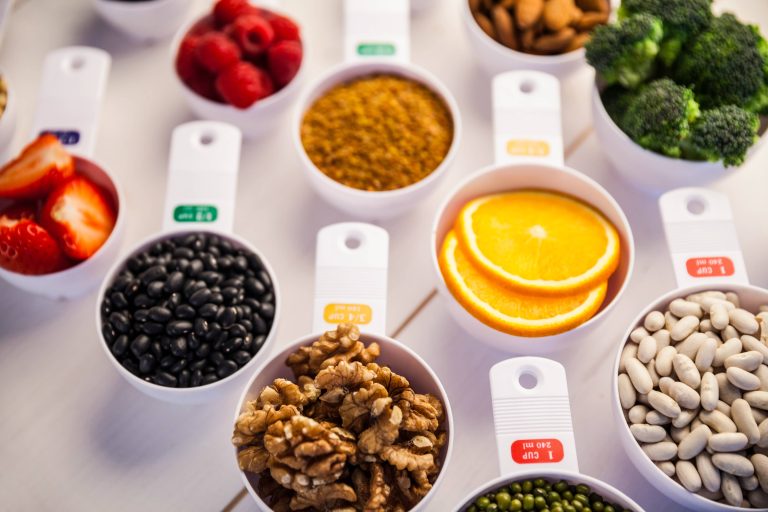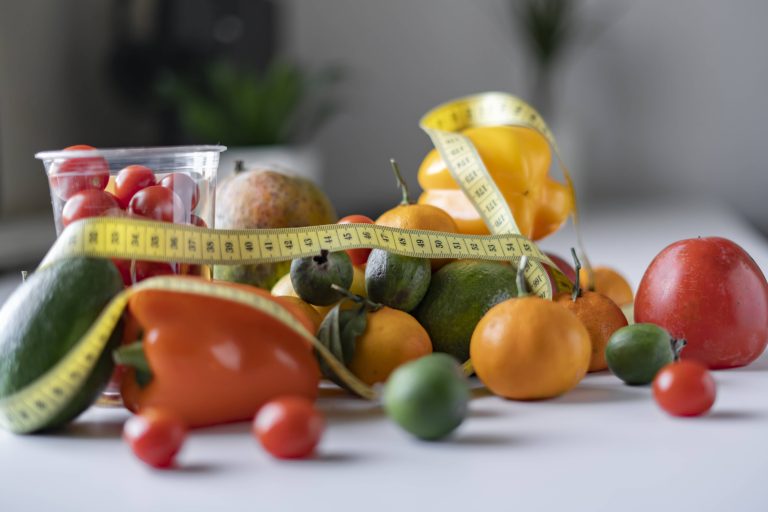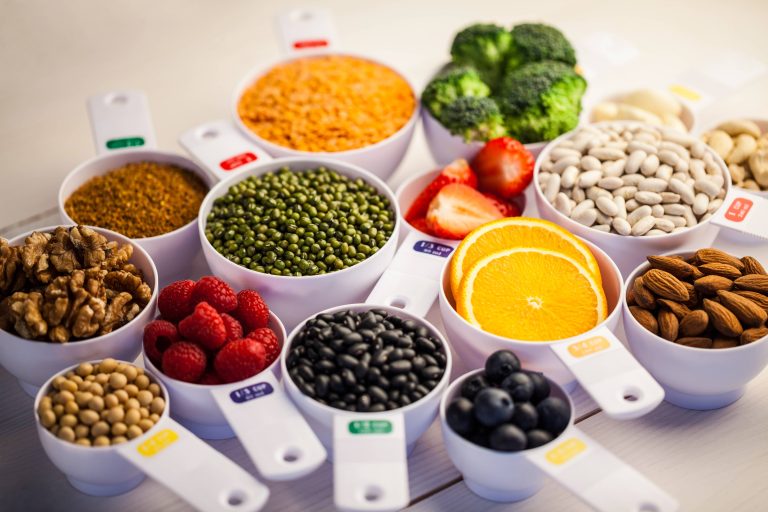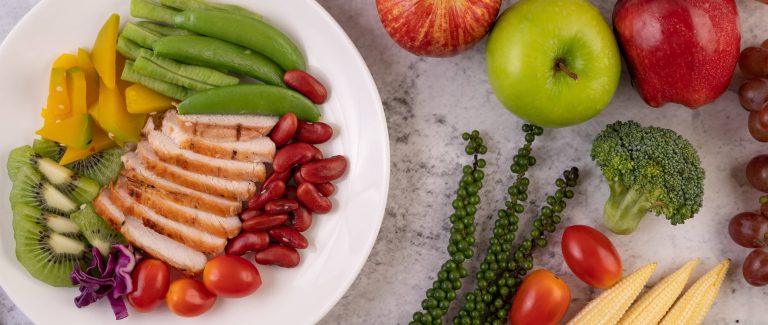
In today’s fast-paced world, finding time to prioritize our health can be challenging. Between work, family commitments, and social gatherings, eating healthy often takes a backseat. This is where meal prepping comes to the rescue. With a little planning and preparation, you can set yourself up for a week of balanced, nutritious meals. Not only does meal prepping save you time, but it also helps you maintain a consistent, healthy diet, reduce food waste, and save money. If you’ve been contemplating starting your meal prep journey, there’s no better time than now. Let’s dive into how you can begin meal prepping for a healthier week.
1. Understand the Benefits of Meal Prepping
Before you start meal prepping, it’s important to understand the benefits it offers. Meal prepping involves preparing whole meals or dishes ahead of schedule, and it’s not just for fitness enthusiasts. Here are some compelling reasons to embrace meal prepping:
– Time-saving: By preparing meals in advance, you can free up time during your busy weekdays. No more daily cooking once you come home tired from work.
– Nutritional control: You plan and control your meals, ensuring they are balanced and healthy. This reduces the temptation to grab unhealthy fast foods.
– Portion control: Prepping your meals allows you to control portions, which is particularly beneficial if you’re watching your weight.
– Budget-friendly: Buying food in bulk can be more cost-effective. Plus, with a plan in hand, you’re less likely to spend money on dining out.
– Less waste: Planning your meals helps to reduce food waste as you only buy and prepare what you need.
2. Start with a Plan
Planning is the cornerstone of successful meal prepping. It helps you stay organized and focused on your health goals. Here’s how to start:
– Set clear goals: Determine your dietary needs and goals. This could be weight loss, muscle gain, or simply maintaining a healthy diet. This will guide your meal choices.
– Choose your meals: Decide which meals you’ll prep. Some people prefer prepping for all three daily meals, while others may focus on just lunch or dinner.
– Recipe selection: Pick simple, nutritious recipes that align with your goals. As a beginner, aim for recipes with a short ingredient list.
– Make a grocery list: Based on your chosen recipes, create a detailed shopping list. This ensures you don’t forget any ingredients.
3. Equip Your Kitchen
A well-equipped kitchen makes meal prepping efficient and enjoyable. Invest in a few essentials:
– Storage containers: These are vital for storing prepped meals. Consider buying a variety of sizes and make sure they’re BPA-free, microwave, and freezer-safe.
– A sharp knife: A good quality chef’s knife can make food preparation faster and safer.
– Cutting board: Choose a durable cutting board that is easy to clean.
– Quality pots and pans: Having reliable cookware is essential for efficiently preparing meals.
– Measuring tools: Use measuring cups and spoons for accuracy, especially if you’re tracking nutritional intake.
4. Pick a Prep Day
Choosing a dedicated day for meal prepping can help you build a routine. Many people choose Sunday to prepare for the week ahead, but select a day that best suits your schedule. Set aside a few hours to focus solely on prepping your meals, making it a non-negotiable part of your weekly routine.
5. Cook in Batches
Cooking in batches is the heart of meal prepping. Here are some tips to streamline this process:
– Multi-task: While roasting vegetables in the oven, you can cook grains like quinoa or brown rice on the stovetop.
– Use appliances: Crockpots and instant pots are excellent for batch cooking and can save time.
– Prepare ingredients in advance: Chop vegetables, marinate proteins, and pre-cook specific ingredients to cut down on your overall prep time.
6. Store Meals Properly
Proper storage extends the freshness of your meals. Follow these guidelines:
– Refrigerate: Store meals you’ll eat within the next three to four days in the refrigerator.
– Freeze: Freeze portions you plan to eat later in the week to maintain freshness.
– Label meals: Use a marker to label your containers with the date they were made to keep track of their freshness.
7. Stay Flexible
One of the keys to successful meal prepping is staying flexible. Life can be unexpected, and you may need to adjust your meals accordingly. If you end up having a meal outside or plans change, don’t stress. Simply adjust the coming week’s plan as needed or push forward a meal you didn’t get to eat.
8. Focus on Variety
To prevent meal fatigue, focus on variety in your meal prep. Experiment with different recipes, flavors, and cuisines. Incorporate a range of vegetables, grains, and proteins in your meals to keep them exciting and balanced.
Final Thoughts
Meal prepping is an empowering habit that can significantly enhance your health and well-being. It puts you in control of your diet, making it easier to nourish your body with the nutrients it needs. The journey to consistent meal prepping may come with challenges, but the benefits far outweigh the initial effort. Start small, gradually build the habit, and you’ll find that meal prepping becomes an integral part of your lifestyle, leading to a healthier you. Remember, like any new habit, the key is persistence, not perfection. Happy prepping!

